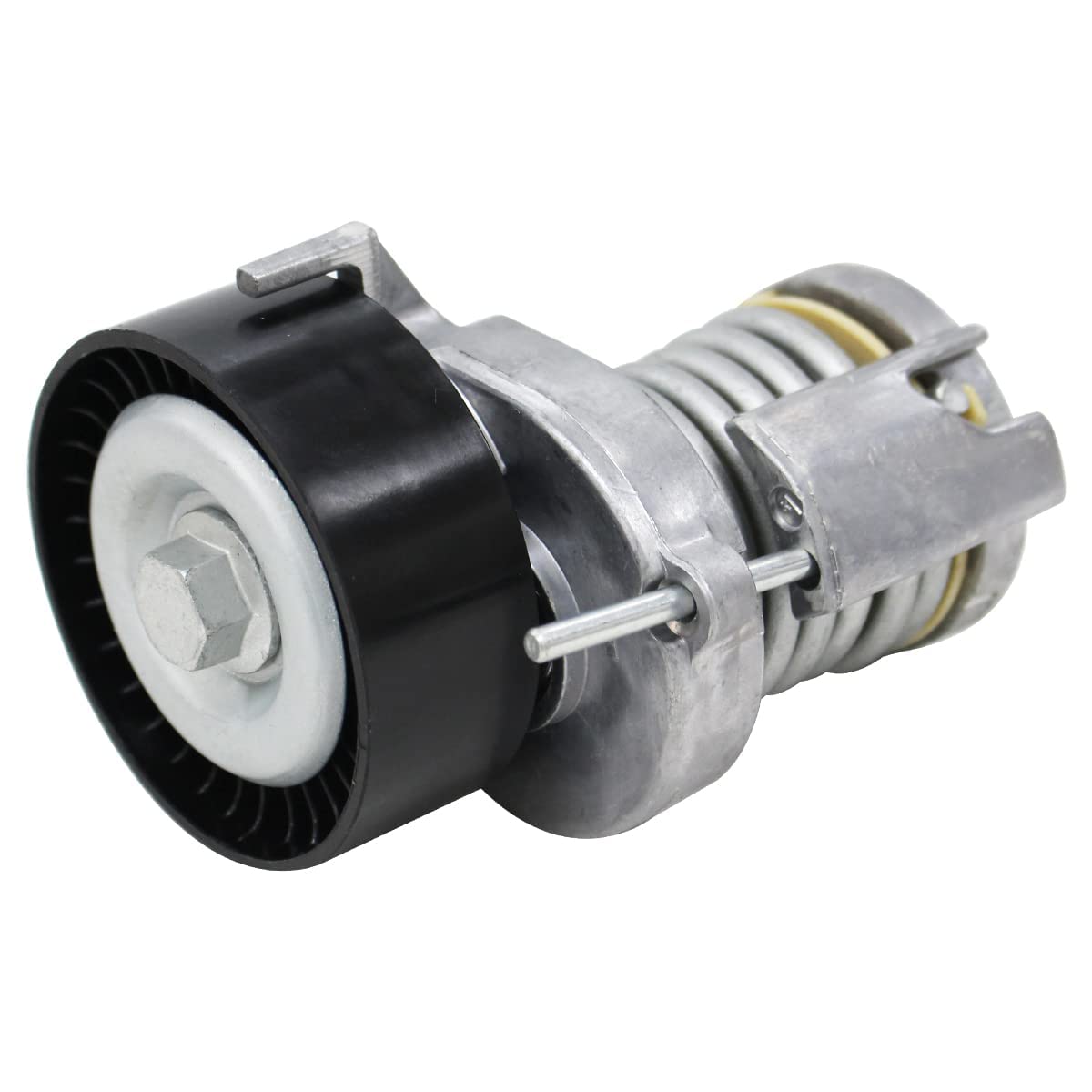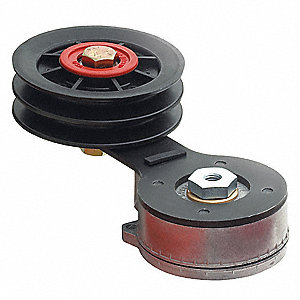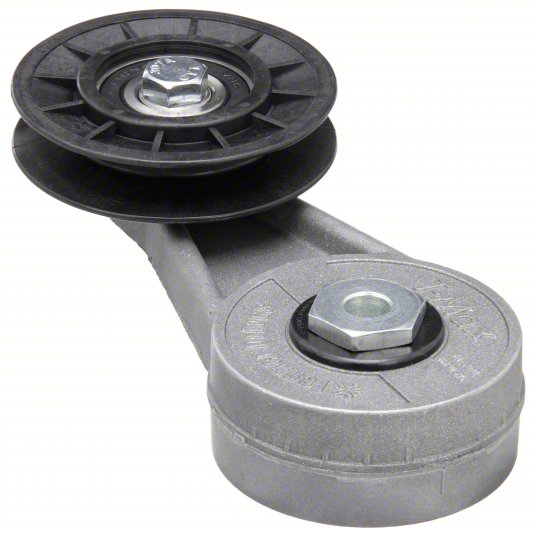Product Description
Order now, ship now!!!
Product Description
Belt tensioner is the most widely used type of bearing used in the machinery industry for precision instruments, low-noise machinery, automobiles, motorcycles, general machinery, etc.
| Model | 31170-rna-a02 |
| Brand | According to customer requirements |
| Car model | HONDA Civic |
| Material | According to customer requirements |
| Packaging | Carton or customized box |
| Type of shipping | Express and sea freight, etc |
Operating bearing models: Mercedes-Benz, CZPT ta, Honda, BMW, Mitsubishi, Audi, Ford, Chevrolet, Volkswagen, Hyundai ……
There are more than these in stock, welcome to inquire! ! !
Detailed Photos
High-quality materials, high hardness, high temperature resistance, suitable for harsh environments and high-intensity work.
The sealing ring material is made of high-quality high-temperature resistant material, which is more wear-resistant, not easy to fall off, and the bearing life is longer.
The lubricating grease adopts the lubricating grease with anti-rust, high temperature resistance and excellent lubricating performance.
Small size, high power, high torsion, high speed, quick start, quick stop.
High quality:
Our goods have been pre-tested many times before leaving the factory, and only sell high-quality products.
Precise assembly: The surface of our bearing has been precisely ground many times to ensure the accuracy of assembly.
Easy installation: Our products are precision machined for easy installation and smoother bearing operation.
A. SOLUTION
Professional and specific optimum solution based on customers’ demand and condition.
B. PRODUCTION
Conform to ISO 9001 quality system, using advanced production equipment, sophisticated processing technology, strict quality management system, skilled workers and innovative technical team, keep improving in technology.
C. QUALITY CONTROL (Q/C)
In accordance with ISO standards, professional Q/C staff, precision testing instruments and internal inspection system, contributing to quality control implemented in every process from material receiving to products packaging to ensure bearings’ best quality.
D. PACKAGE
Standardized export & environment-protected packing material are used for bearings, the custom boxes, labels, barcodes etc. can also be customized.
E. LOGISTIC
Express, CZPT & air transportation are all available, normally CZPT transportation is more competitive for heavy weight.
F. WARRANTY
We warrant bearings to be free from defects in material & workmanship for a 12 months period from shipping date, this warranty is voided by non-recommended use, improper installation or physical damage.
G.Quick reply:
Our staff provides a 24 hour online service with a response less than 2 hours.
H.Short delivery time:
the factory stock up in large quantities to ensure that the order is delivered quickly; The company is close to the port of HangZhou and cooperates with a number of express companies to ensure fast delivery.
Customer Photos:
Certifications
Packaging & Shipping
Packing Details:
1. plastic tube+carton+pallet
2. plastic bag+carton+pallet
3. white blank box+carton+pallet
4. brand box+carton+pallet
5. customized box+ pallet
Delivery Details : 2-7 days after receive the payment
Company Profile
HangZhou Clunt Bearing Co., Ltd. Is a professional manufacturer of bearings for 9 years, the main products are deep groove ball bearings, tapered roller bearings, cylindrical roller bearings, self-aligning ball bearings, self-aligning roller bearings, joint bearings, hub units, bearing with seat, chain and sprocket, etc. The company has a group of professional technical team and service personnel, after more than 9 years of efforts, our products have been sold all over the world and with many countries to establish a long-term cooperative relationship with dealers, committed to create “integrity, quality based” international manufacturers, welcome friends from all over the world!
Contact information:
/* March 10, 2571 17:59:20 */!function(){function s(e,r){var a,o={};try{e&&e.split(“,”).forEach(function(e,t){e&&(a=e.match(/(.*?):(.*)$/))&&1
| After-sales Service: | Support |
|---|---|
| Warranty: | Support |
| Type: | Tensioner Bearing |
| Material: | Chrome Steel |
| Tolerance: | P6 |
| Certification: | ISO9001 |
| Customization: |
Available
| Customized Request |
|---|

What role do materials and coatings play in the performance and longevity of V-belt tensioners?
Materials and coatings play a crucial role in the performance and longevity of V-belt tensioners. The choice of materials and the application of appropriate coatings directly impact the tensioner’s ability to withstand the operating conditions, resist wear and corrosion, and ensure optimal performance throughout its lifespan. Here’s a detailed explanation of the role materials and coatings play in the performance and longevity of V-belt tensioners:
- Material Strength and Durability:
- Corrosion Resistance:
- Friction and Wear Reduction:
- Heat Resistance:
- Sealing and Contamination Prevention:
- Weight and Mass Reduction:
The materials used in the construction of V-belt tensioners need to possess sufficient strength and durability to withstand the forces and stresses encountered during operation. Common materials include metals such as steel, cast iron, or aluminum, as well as durable polymers like nylon or polyurethane. These materials are chosen for their ability to resist deformation, fatigue, and wear, ensuring that the tensioner can maintain consistent tension over a prolonged period.
V-belt tensioners may be exposed to various environmental conditions that can lead to corrosion, such as moisture, chemicals, or high temperatures. The choice of materials with good corrosion resistance is essential to prevent degradation and maintain the tensioner’s performance. Stainless steel, coated metals, or corrosion-resistant polymers are commonly used to enhance the tensioner’s resistance to corrosion, extending its lifespan and reducing the risk of premature failure.
The materials and coatings used in V-belt tensioners can help reduce friction and wear between the tensioner and the V-belt. Low-friction materials, such as certain polymers or coated surfaces, can minimize the energy losses caused by friction, improve efficiency, and reduce heat generation. Coatings like Teflon, ceramic, or diamond-like carbon (DLC) can be applied to critical contact surfaces to provide additional lubricity and wear resistance, prolonging the tensioner’s lifespan.
V-belt tensioners are often exposed to elevated temperatures generated by the engine or other operating machinery. The materials used in the tensioner should possess good heat resistance to maintain their mechanical properties and prevent deformation or failure under high-temperature conditions. Heat-resistant alloys, heat-treated steel, or high-temperature polymers are commonly employed to ensure the tensioner’s performance and longevity in hot environments.
Materials and coatings can contribute to the sealing and contamination prevention capabilities of V-belt tensioners. Seals or gaskets made from materials such as rubber or elastomers are used to create a barrier against the ingress of contaminants, moisture, or dust into the tensioner’s internal components. Additionally, certain coatings can provide a protective barrier against environmental factors, preventing the build-up of debris or the penetration of harmful substances, which can compromise the tensioner’s performance and lifespan.
Materials and coatings that offer high strength-to-weight ratios can contribute to the overall weight and mass reduction of V-belt tensioners. By using lightweight materials or applying coatings that reduce the need for bulky components, the tensioner’s weight can be minimized. This not only improves the efficiency of the system but also reduces the stress on other components and supports the overall longevity of the tensioner and the V-belt system.
In summary, materials and coatings play a vital role in the performance and longevity of V-belt tensioners. The selection of materials with the appropriate strength, durability, corrosion resistance, heat resistance, and friction-reducing properties ensures that the tensioner can withstand the operating conditions and maintain optimal performance throughout its lifespan. Additionally, the application of suitable coatings can further enhance the tensioner’s resistance to wear, corrosion, and contamination, contributing to its longevity and reliability in V-belt systems.

What is the impact of proper tensioning on the lifespan and reliability of V-belts?
Proper tensioning is crucial for the lifespan and reliability of V-belts. The correct tension ensures optimal power transmission, minimizes belt wear, and reduces the risk of belt failure. Here’s a detailed explanation of the impact of proper tensioning on V-belts:
- Prevents Slippage:
- Reduces Wear:
- Optimizes Power Transmission:
- Minimizes Belt Stretch:
- Enhances Belt Lifespan:
- Improves System Reliability:
Proper tensioning prevents belt slippage, which can occur when the tension is too loose. Slippage leads to inefficient power transmission, reduced belt lifespan, and poor performance of the driven components. By maintaining the appropriate tension, V-belt tensioners prevent slippage and ensure efficient power transfer.
When V-belts are under-tensioned or over-tensioned, excessive wear occurs. Under-tensioning can cause belt slapping, increased flexing, and accelerated wear on the belt’s sidewalls. Over-tensioning can lead to excessive stress on the belt, resulting in premature wear, cracking, and potential belt failure. Proper tensioning helps distribute the load evenly across the belt, reducing wear and extending its lifespan.
Proper tensioning ensures optimal power transmission between the driving and driven components. When V-belts are correctly tensioned, the belts effectively grip the pulleys, enabling efficient transfer of rotational force. This maximizes power transfer efficiency, minimizes energy losses, and improves the overall performance of the system.
V-belts naturally undergo some stretch during operation due to the forces and tension they experience. However, excessive belt stretch can lead to reduced tension and compromised power transmission. Proper tensioning helps minimize belt stretch, maintaining the desired tension level and preventing loss of power and belt misalignment.
By maintaining the proper tension, V-belt tensioners contribute to extending the lifespan of V-belts. Proper tensioning reduces wear, prevents slippage, and minimizes stress on the belts, thereby reducing the risk of belt failure. V-belts that are correctly tensioned are more likely to operate reliably over a longer period, reducing the need for frequent replacements and associated downtime.
Proper tensioning of V-belts improves the overall reliability of the system in which they are used. Reliable power transmission ensures consistent performance of the driven components, reducing the likelihood of unexpected breakdowns or malfunctions. This is particularly crucial in applications where system downtime can have significant financial or operational consequences.
In summary, proper tensioning plays a vital role in the lifespan and reliability of V-belts. It prevents slippage, reduces wear, optimizes power transmission, minimizes belt stretch, enhances belt lifespan, and improves system reliability. By ensuring the correct tension, V-belt tensioners contribute to efficient and reliable operation, reducing maintenance requirements and maximizing the longevity of V-belts in various applications.

What is a V-belt tensioner, and how does it contribute to the performance of V-belt systems?
A V-belt tensioner is a mechanical component used in V-belt systems to maintain proper tension in the V-belt. It plays a crucial role in ensuring optimal performance and functionality of V-belt systems. Here’s a detailed explanation of what a V-belt tensioner is and how it contributes to the performance of V-belt systems:
- Definition and Function:
- Tension Maintenance:
- Prevention of Slippage:
- Load Handling:
- Reduced Wear and Maintenance:
- System Reliability:
A V-belt tensioner is a device designed to apply and maintain the correct tension in a V-belt. It typically consists of a pulley mounted on a movable arm or spring-loaded mechanism. The tensioner is installed in the V-belt drive system and exerts pressure on the belt to achieve the desired tension. Its primary function is to counteract the natural elongation and slackening of the V-belt over time, ensuring optimal power transmission and preventing slippage between the belt and the pulleys.
The main contribution of a V-belt tensioner is to maintain the proper tension in the V-belt throughout its operational life. Over time, V-belts can stretch and elongate due to factors such as normal wear, temperature changes, or load variations. The tensioner compensates for this elongation by automatically adjusting the tension as needed. It applies force to keep the belt tightly engaged with the pulleys, preventing slackening and maintaining the required tension for efficient power transmission. By ensuring consistent tension, the tensioner minimizes the risk of belt slippage, improves system performance, and extends the lifespan of the V-belt.
Slippage between the V-belt and the pulleys is a common issue in belt drive systems that can result in decreased performance and power transmission efficiency. The V-belt tensioner plays a critical role in preventing slippage. By maintaining the appropriate tension, the tensioner ensures a secure grip between the V-belt and the pulleys, minimizing the risk of slippage under normal operating conditions. This enhanced grip allows for efficient power transfer, accurate timing in timing belt applications, and reliable operation of the V-belt system.
V-belt tensioners also contribute to the effective handling of varying loads in V-belt systems. As loads fluctuate, the tension in the V-belt needs to be adjusted to accommodate the changes. The adjustability feature of V-belt tensioners allows for fine-tuning of the tension, ensuring that the V-belt remains properly tensioned under different load conditions. This flexibility helps optimize power transmission, prevent slippage, and maintain reliable performance, even when the system experiences varying loads.
Proper tension provided by V-belt tensioners helps reduce wear on the V-belt and other system components. Slippage between the V-belt and the pulleys can cause accelerated wear on both the belt and the pulleys. By preventing slippage, tensioners minimize the frictional forces that lead to excessive wear. They distribute the load evenly across the V-belt, reducing localized wear and extending the lifespan of the belt. Additionally, by maintaining optimal tension, V-belt tensioners contribute to reduced maintenance needs, as they help prevent issues such as misalignment, excessive wear, or premature failure that can result from inadequate tension.
V-belt tensioners enhance the overall reliability of V-belt systems. By maintaining the proper tension and preventing slippage, tensioners ensure consistent power transmission and reliable performance. This reduces the risk of unexpected power losses, interruptions in operation, or damage to other system components. V-belt tensioners contribute to the overall reliability and uptime of V-belt systems, enhancing productivity and minimizing costly downtime.
In summary, a V-belt tensioner is a mechanical component that maintains proper tension in V-belt systems. It plays a critical role in preventing slippage, maintaining tension, handling varying loads, reducing wear and maintenance, and enhancing the reliability of V-belt systems. By ensuring optimal tension and preventing slippage, V-belt tensioners contribute to efficient power transmission, extended belt life, and reliable operation in a wide range of applications.


editor by CX 2024-01-15